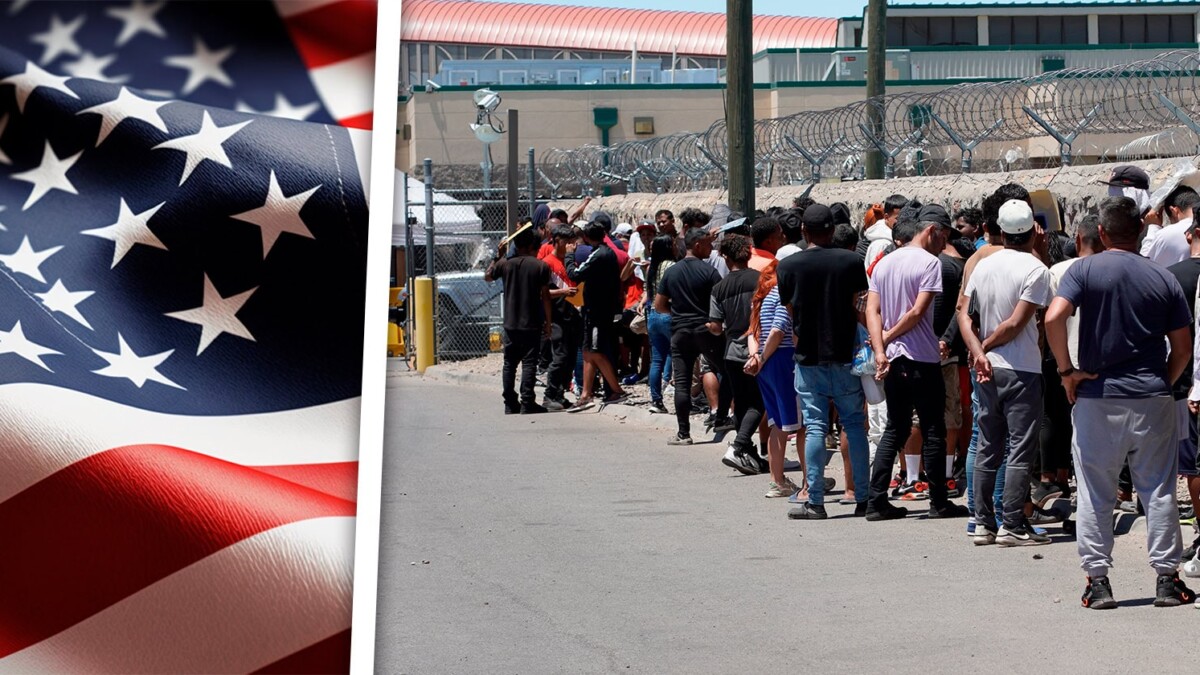The migratory phenomenon between Cuba and the United States moves through a turbulent and incessant terrain. The island’s will for “ordered and safe migration” to contain illegal departures is a fundamental purpose, and around this, the 38th Round of Migration Talks between Cuba and the United States provided the appropriate framework to claim certain migration issues according to political negotiations.
Among the requests from the Cuban government, there is a claim that puts Cuban citizens on highly concerning ground. It is the demand for the U.S. government system to comply with diplomatic agreements between both countries, especially concerning the return of irregular Cuban migrants in the U.S. since January 12, 2017.
The demand also includes the return of all those intercepted at sea, as well as the elimination of provisions and regulations that establish privileged treatment for those who migrate irregularly, such as the Cuban Adjustment Act, which promotes and stimulates irregular migration.
Indice
Is it possible for the United States to agree to return all Cubans who have entered the country irregularly?
Immigration lawyer José Guerrero points out that it is not possible for the U.S. government to fully comply with the claims of the Cuban authorities, as most of the Cuban migrants who have entered the U.S. territory since 2017 have already obtained their permanent residency.
Other migrants have sought political asylum and have been granted this government protection, José Guerrero notes that it is no longer possible to undo these legal effects, and U.S. law advocates for the protection of these citizens.
However, those who have a final deportation order and have exhausted all administrative remedies are indeed at risk of being returned to Cuba.
Thus, those citizens who have already obtained their residency, U.S. citizenship, have been granted asylum by the U.S. government, or are in processes for migration regularization, are not in danger of being repatriated to Cuba, except if they have serious criminal records, which would be subject to evaluative judgment by the relevant authorities.
Those Cubans who have executed all legal migration stabilization processes and have been denied with a final deportation order do fall into a high-risk category for being returned to the island.
Is it possible to repeal the Cuban Adjustment Act?
Regarding this, the immigration lawyer clarifies that the Cuban Adjustment Act can only be repealed by a unanimous decision of the U.S. Congress, as it does not accommodate the sole will of the president.
The Cuban Adjustment Act of 1996 allows some Cubans living in the United States who meet certain eligibility requirements to apply to become legal permanent residents through obtaining a Green Card.
Guerrero states that the decision to repeal this law lies entirely with Congress, which is the bicameral legislature of the U.S. federal government, consisting of the House of Representatives and the Senate. Legislative determinations by Congress have the supreme political power to control these actions.
This means that although the representative U.S. administration agrees to process the repeal of this law during the migration dialogue round, it does not mean that it is an immediate and certain sentence but rather a highly complex process that goes through the analysis and petition filter to Congress.
Other requests from Cuba to the United States in the migration field
After the 38th Round of Migration Talks between Cuba and the United States, the Deputy Minister of Foreign Affairs, Carlos Fernández de Cossío Domínguez, declared on social networks that there was no total agreement on the issues discussed.
The representative of Cuban affairs in this dialogue, Johana Tablada, Deputy Director General of the General Directorate of the United States of MINREX, stated that it is necessary to suspend federal funds for financing media and digital platforms that promote illegal Cuban migration, which translates into generating internet content “that mythicizes the United States and pronounces Cuba as a failed state.”
Furthermore, Cuba advocated for the resumption of the granting of non-immigrant visas in Havana without the need to travel to a third country, in addition to the elimination of the blockade.
The immigration lawyer emphasizes that not all the propositions presented by Cuba in the political dialogue mean they will be approved and accepted after analysis. For now, the clause that most affects and concerns Cubans is number 5 on the return of irregular migrants from 2017 onwards, and the elimination of the Cuban Adjustment Act, issues -which, in the judgment of José Guerrero- are not possible to carry out, and also involve more than 600,000 Cubans according to official statistics from 2021 to the present date.
✅Para Recibir TODAS las Noticias GRATIS 👉Síguenos desde Aquí

